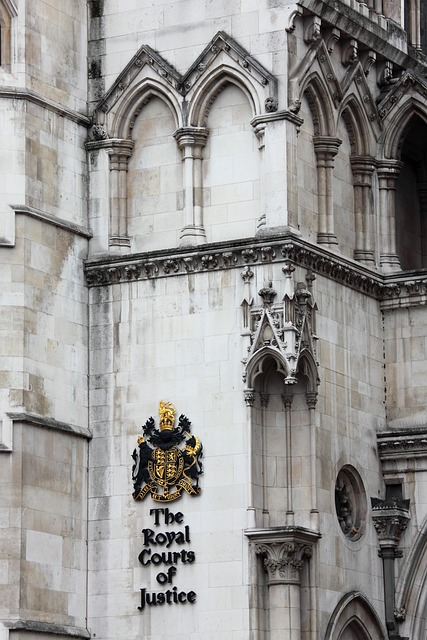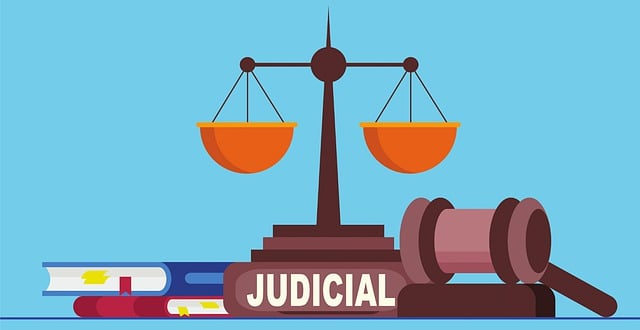Medical malpractice wrongful death refers to claims arising from healthcare professionals' negligence leading to a patient's fatal injury, including misdiagnosis, delayed treatment, medication errors, and surgical mistakes. These cases are significant in elder abuse and employment settings, where vulnerable individuals may face harm or death. Such claims focus on compensating families for pre-death suffering, grief, and economic losses, differentiating from personal injury disputes. Special legal expertise is required to navigate medical complexities and secure justice, especially when pre-existing conditions are exacerbated by malpractice.
“Medical Malpractice Wrongful Death: Navigating a Complex Issue
Medical malpractice is a devastating outcome that occurs when healthcare professionals fail to provide adequate care, leading to a patient’s injury or death. This article delves into the intricacies of medical malpractice wrongful death, offering a comprehensive guide for understanding this critical matter. We’ll explore its definition and real-life scenarios, dissect the legal elements required to prove such cases, and highlight the impact on families, along with the available legal recourse and compensation.”
- Definition of Medical Malpractice Wrongful Death
- – Explain what medical malpractice is and how it leads to wrongful death
- – Provide real-life examples to illustrate the concept
Definition of Medical Malpractice Wrongful Death

Medical malpractice wrongful death refers to a legal claim where a patient loses their life due to the negligence or misconduct of a healthcare professional or medical facility. It’s a devastating outcome that occurs when a doctor, nurse, or hospital fails to provide the standard level of care expected in similar situations, resulting in significant harm or death. This can encompass a wide range of scenarios, from misdiagnosis and delayed treatment to medication errors and surgical mistakes.
In cases involving elder abuse, where older adults are particularly vulnerable, medical malpractice wrongful death becomes even more critical. Similarly, while employment contracts primarily focus on non-malpractice issues like compensation and job duties, understanding the potential for medical malpractice is crucial for employees seeking justice in the event of harm or death caused by healthcare providers during their employment.
– Explain what medical malpractice is and how it leads to wrongful death

Medical malpractice wrongful death occurs when a healthcare provider’s negligence leads to a patient’s fatal injury. Negligence in this context refers to a failure to provide care that meets the recognized standard, causing harm or death. This can result from misdiagnosis, improper treatment, medication errors, or any other deviation from accepted medical practices. When such actions or omissions prove fatal, it opens the door to medical malpractice wrongful death claims.
These claims are distinct from personal injury claims and commercial disputes in that they focus on the loss of a life rather than physical injuries or financial losses. Wrongful death claims seek compensation for the victim’s suffering before death, as well as damages for the family’s grief and economic losses stemming from the sudden and premature death.
– Provide real-life examples to illustrate the concept

Medical malpractice wrongful death claims arise when a patient suffers significant harm or dies due to a healthcare provider’s negligence. Real-life examples include cases where a doctor misdiagnoses a cancerous tumor, leading to delayed treatment and severe health consequences, or a nurse administers the wrong medication, causing permanent damage. These scenarios highlight how medical malpractice can result in devastating outcomes, including permanent disabilities or death.
Consider a scenario involving a car accident injuries victim who seeks legal representation from a truck accident lawyer. If it’s determined that a healthcare provider’s negligence contributed to the victim’s condition prior to the accident, and this negligence directly led to increased severity of injuries or complications post-accident, it strengthens the case for medical malpractice wrongful death compensation. Such cases require careful investigation and expertise in both medical and legal domains to navigate complex issues and secure justice for the affected individual and their family.
Medical malpractice wrongful death occurs when a healthcare provider’s negligence directly causes a patient’s fatal injury. By understanding the definition and exploring real-life instances, we can recognize the devastating impact of such events. Educating ourselves on these topics empowers us to advocate for safer healthcare practices and seek justice for those affected by medical mistakes.






